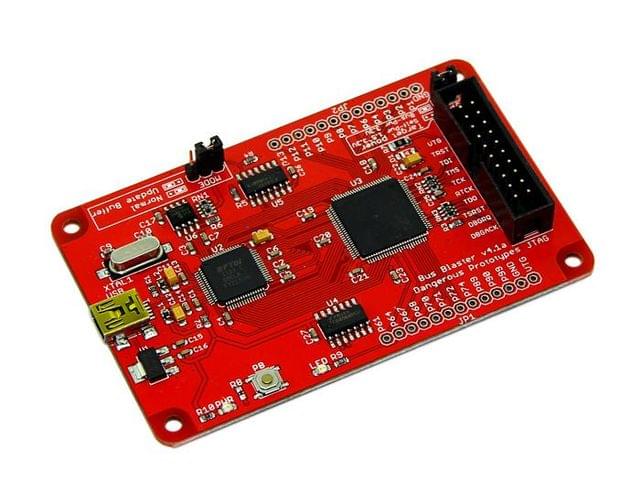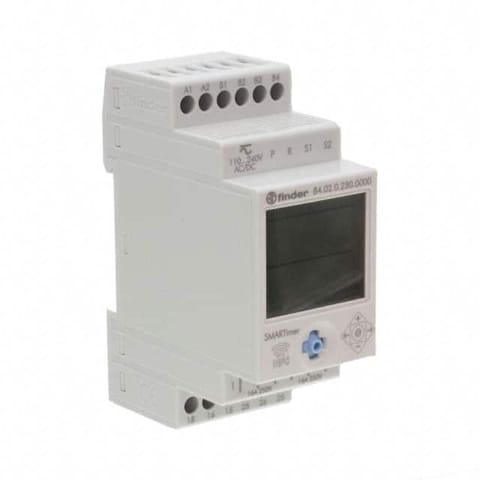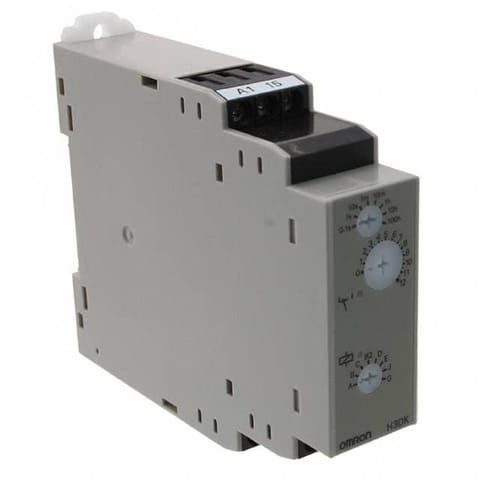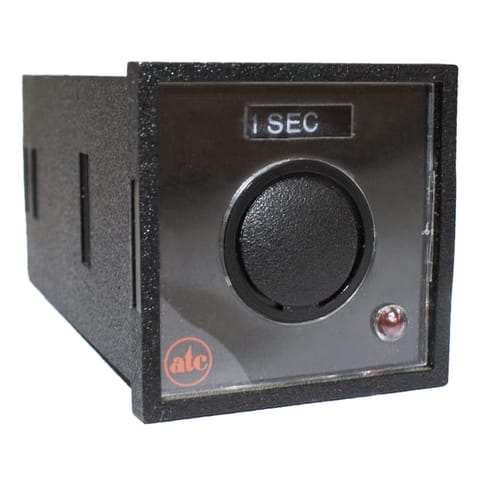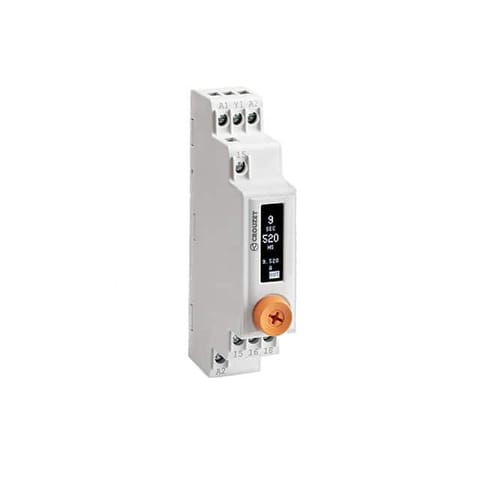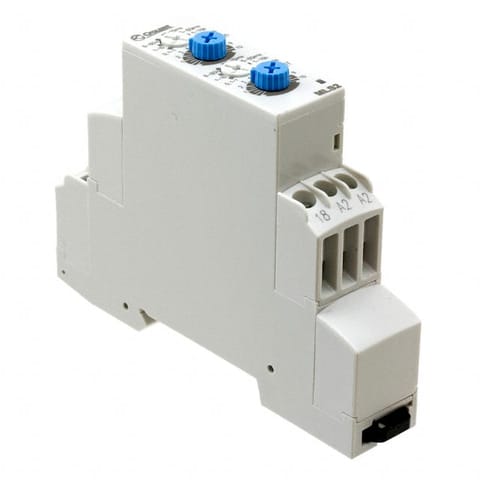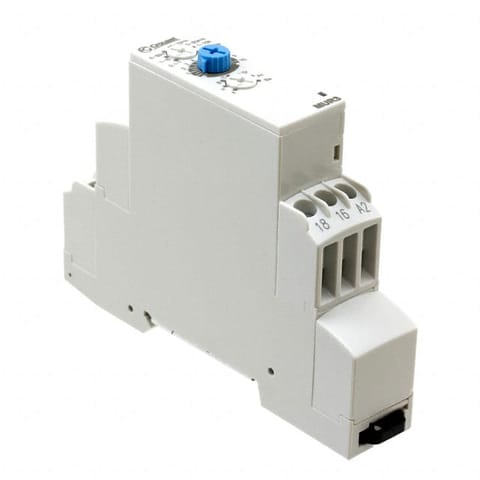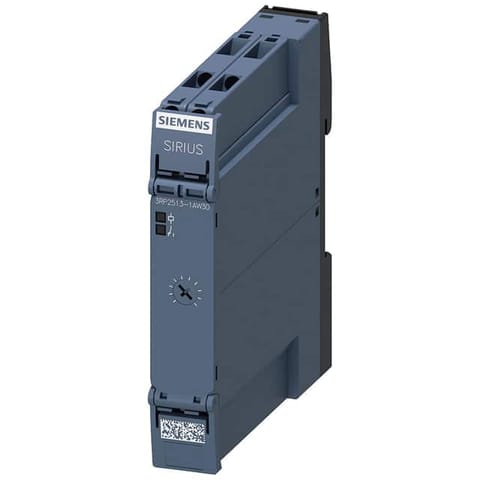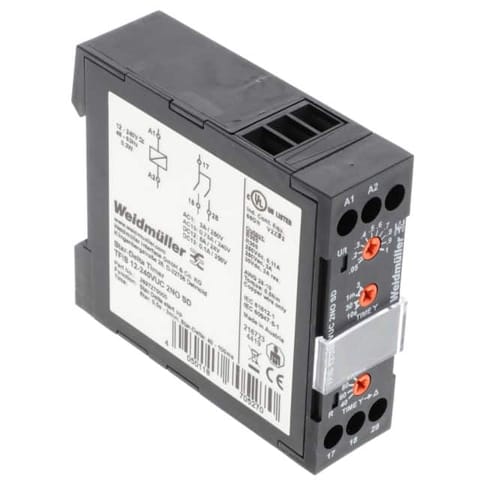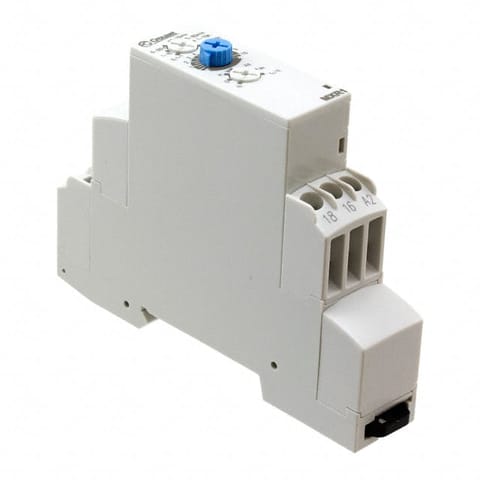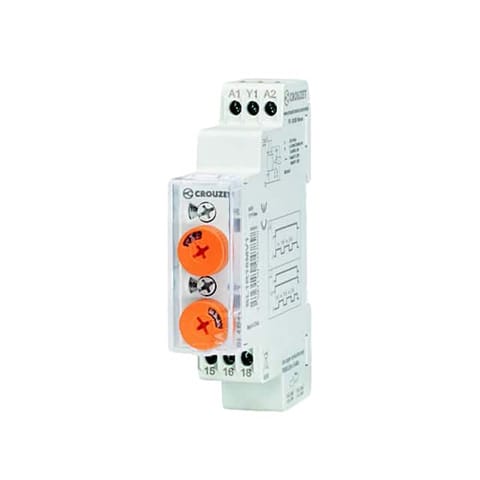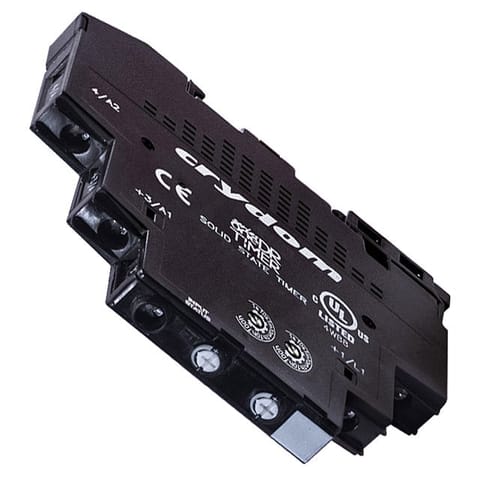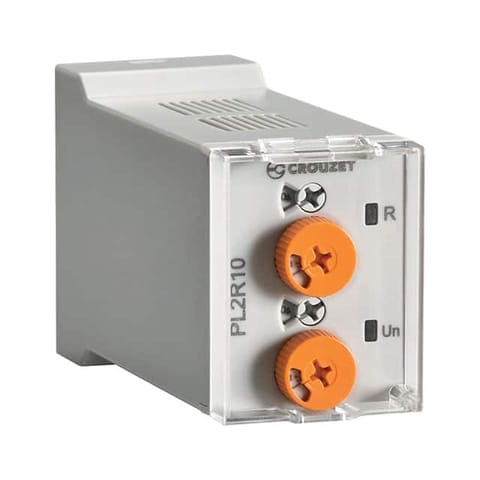- TRANSDUCERS
- TRANSDUCERS
- BASIC COMPONENTS DK
- BASIC COMPONENTS DK
- MARKETPLACE
- MARKETPLACE
- DEVELOPMENT BOARDS & KITS
- DEVELOPMENT BOARDS & KITS
- CABLE ASSEMBLIES
- CABLE ASSEMBLIES
- RF AND WIRELESS
- RF AND WIRELESS
- BOXES ENCLOSURES RACKS
- BOXES ENCLOSURES RACKS
- AUDIO PRODUCTS
- AUDIO PRODUCTS
- FANS-BLOWERS-THERMAL MANAGEMENT
- FANS-BLOWERS-THERMAL MANAGEMENT
- WIRELESS MODULES
- WIRELESS MODULES
- TERMINALS
- TERMINALS
- Cables/Wires
- Cables/Wires
- SINGLE BOARD COMPUTER
- SINGLE BOARD COMPUTER
- BREAKOUT BOARDS
- BREAKOUT BOARDS
- LED
- LED
- TEST AND MEASUREMENT
- TEST AND MEASUREMENT
- POTENTIONMETERS AND VARIABLE RESISTORS
- POTENTIONMETERS AND VARIABLE RESISTORS
- DEVELOPMENT BOARDS AND IC's
- DEVELOPMENT BOARDS AND IC's
- EMBEDDED COMPUTERS
- EMBEDDED COMPUTERS
- OPTOELECTRONICS
- OPTOELECTRONICS
- INDUSTRAL AUTOMATION AND CONTROL
- INDUSTRAL AUTOMATION AND CONTROL
- COMPUTER EQUIPMENT
- COMPUTER EQUIPMENT
- CONNECTORS & INTERCONNECTS
- CONNECTORS & INTERCONNECTS
- MAKER/DIY EDUCATIONAL
- MAKER/DIY EDUCATIONAL
- TOOLS
- TOOLS
- MOTORS/ACTUATORS/SOLEENOIDS/DRIVERS
- MOTORS/ACTUATORS/SOLEENOIDS/DRIVERS
- FPGA HARDWARE
- FPGA HARDWARE
- ROBOTICS & AUTOMATION
- ROBOTICS & AUTOMATION
Description
Bus Blaster v4 is an experimental, high-speed JTAG debugger from Dangerous Prototypes.
Thanks to a reprogrammable buffer, a simple update over USB makes Bus Blaster compatible with many different JTAG debugger types in the most popular open source software.
Based on FT2232H with high-speed USB 2.0
Buffered interface works with 3.3volt to 1.8volt targets
Reprogrammable buffer is compatible with multiple debugger types
Compatible with 'jtagkey', 'KT-link' programmer settings in OpenOCD, urJTAG, and more
ships with JTAGkey compatible buffer image pre-programmed
Should support Serial Wire Debug when available
Mini-CPLD development board: self programmable, extra CPLD pins to header
Open source (CC-BY-SA)
V4 uses a larger CPLD than previous versions. It can now support the SWV feature of Cortex microcontroller for advance debugging when software support is available
SWV is little used and not currently supported in software, most users will be better off with Bus Blaster v3 available here
Fitted in a DP9056 (90x56 mm) standard PCB
Added series resistors to input and output pins to protect against damage and noise
Updates in v4:
Each unit is tested before it ships.
This open source hardware and software is distributed in the hope that it will be useful, but WITHOUT ANY WARRANTY; without even the implied warranty of MERCHANTABILITY or FITNESS FOR A PARTICULAR PURPOSE.
TT-SDK-102990000- Home
- INDUSTRAL AUTOMATION AND CONTROL
- Bus Blaster v4
Bus Blaster v4
SIZE GUIDE
- Shipping in 10-12 Working days
- http://cdn.storehippo.com/s/59c9e4669bd3e7c70c5f5e6c/ms.products/5d4be7bacc16ec5308717650/images/5d4be7bacc16ec5308717651/5d4be6d4b804f4708445965b/5d4be6d4b804f4708445965b.jpg
Description of product
Description
Bus Blaster v4 is an experimental, high-speed JTAG debugger from Dangerous Prototypes.
Thanks to a reprogrammable buffer, a simple update over USB makes Bus Blaster compatible with many different JTAG debugger types in the most popular open source software.
Based on FT2232H with high-speed USB 2.0
Buffered interface works with 3.3volt to 1.8volt targets
Reprogrammable buffer is compatible with multiple debugger types
Compatible with 'jtagkey', 'KT-link' programmer settings in OpenOCD, urJTAG, and more
ships with JTAGkey compatible buffer image pre-programmed
Should support Serial Wire Debug when available
Mini-CPLD development board: self programmable, extra CPLD pins to header
Open source (CC-BY-SA)
V4 uses a larger CPLD than previous versions. It can now support the SWV feature of Cortex microcontroller for advance debugging when software support is available
SWV is little used and not currently supported in software, most users will be better off with Bus Blaster v3 available here
Fitted in a DP9056 (90x56 mm) standard PCB
Added series resistors to input and output pins to protect against damage and noise
Updates in v4:
Each unit is tested before it ships.
This open source hardware and software is distributed in the hope that it will be useful, but WITHOUT ANY WARRANTY; without even the implied warranty of MERCHANTABILITY or FITNESS FOR A PARTICULAR PURPOSE.
NEWSLETTER
Subscribe to get Email Updates!
Thanks for subscribe.
Your response has been recorded.
INFORMATION
ACCOUNT
ADDRESS
Tenet Technetronics# 2514/U, 7th 'A' Main Road, Opp. to BBMP Swimming Pool, Hampinagar, Vijayanagar 2nd Stage.
Bangalore
Karnataka - 560104
IN
Tenet Technetronics focuses on “Simplifying Technology for Life” and has been striving to deliver the same from the day of its inception since 2007. Founded by young set of graduates with guidance from ardent professionals and academicians the company focuses on delivering high quality products to its customers at the right cost considering the support and lifelong engagement with customers. “We don’t believe in a sell and forget model “and concentrate and building relationships with customers that accelerates, enhances as well as provides excellence in their next exciting project.


